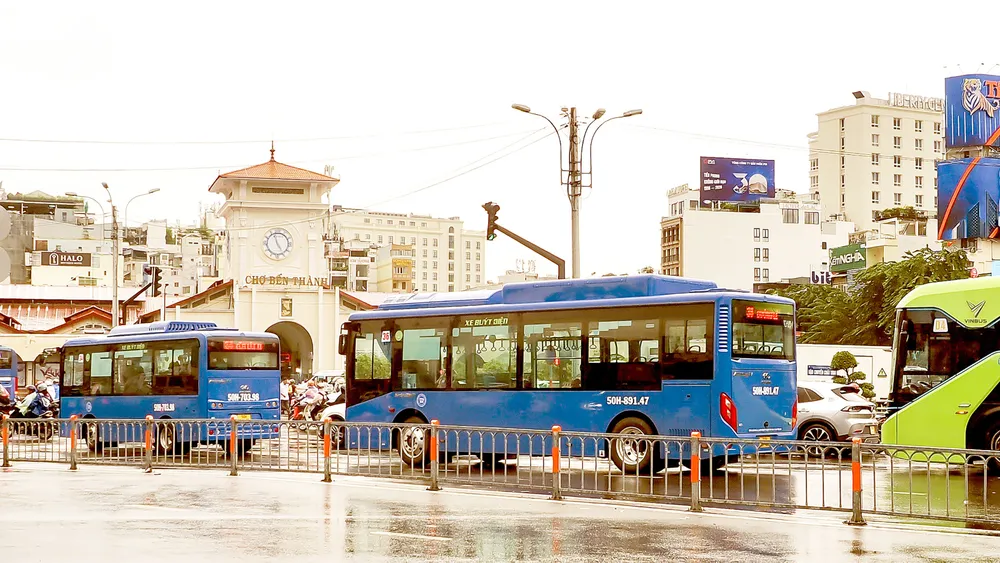
Towards 100% clean buses
Deputy Director of the Ho Chi Minh City Department of Construction Bui Hoa An said that the Ho Chi Minh City People's Committee has assigned the department to urgently complete the Project to control vehicle emissions in the city.
This project focuses on the following main tasks: Roadmap for converting means of transport from fossil fuels to electricity and green energy (buses, taxis, technology cars, passenger cars, trucks, personal vehicles, vehicles belonging to state agencies and enterprises, etc.); zoning for vehicle emission control; financial, technical and communication support policies. It is expected that the project will be submitted to the Ho Chi Minh City People's Council for consideration and approval in the fourth quarter of 2025.
The goal of the Project is that by 2030, Ho Chi Minh City will convert 100% of buses to electric buses and green energy, 20 years earlier than the Government 's roadmap.
This is part of the Project to strengthen public passenger transport combined with control of personal motor vehicles and the Project to control vehicle emissions.
In parallel with the bus conversion, the city is speeding up the implementation of mass public transport such as metro and light rail (LRT) according to the Ho Chi Minh City Urban Railway Development Project to 2030, with a vision to 2045.
Along with that, the Ho Chi Minh City People's Committee assigned the Ho Chi Minh City Development Research Institute to develop a project to convert two-wheeled vehicles from gasoline to electric" for technology and delivery vehicles. The goal of this project focuses on support policies for purchasing new electric motorbikes and plans to handle vehicles after recall.
The Department of Construction of Ho Chi Minh City coordinated with the People's Committees of wards and related units to develop a project to develop a system of public charging stations to promote the conversion to electric vehicles, towards the goal of zero net emissions by 2050. The Department issued Official Dispatch No. 1574/SXD-QLVT (May 30, 2025) to guide units to install charging stations; complete technical instructions for design, construction and operation of electric bus charging stations, expected to be submitted to the People's Committee of Ho Chi Minh City in September 2025.
The City Public Transport Management Center is developing a project to socialize the installation of charging stations at bus stops. Proposing policies to support loan interest rates for businesses investing in the construction of charging stations. Complete the project in the fourth quarter of 2025 and implement it.
Associate Professor, Dr. TRAN DINH THIEN, former Director of the Vietnam Economic Institute, member of the Prime Minister's Policy Advisory Council:
Limiting gasoline vehicles is not only a traffic measure, but also a sustainable development strategy. When traffic is clean, the city will be more attractive for tourism , investment and even residents' lives.
Associate Professor, Dr. NGUYEN HUU NGUYEN, urban traffic expert:
Restricting gasoline vehicles is an irreversible trend. Many large cities such as Paris (France), London (UK), Amsterdam (Netherlands) have set a goal of completely banning gasoline vehicles within the next 5-10 years.
For Ho Chi Minh City, early implementation will help reduce air pollution, noise and medical costs caused by respiratory diseases. It is important to start step by step, prioritizing electric buses and taxis, then private cars.
Dr. VO KIM CUONG, former Deputy Chief Architect of Ho Chi Minh City:
Without a widespread and stable network of charging stations, it will be difficult for people to give up gasoline cars. Ho Chi Minh City needs to calculate synchronous charging stations at bus stations, commercial centers, residential areas and along national highways.
MSc. PHAM NGOC CONG, University of Technology - Danang University:
To replace gasoline vehicles on a large scale, it is necessary to have policies to support the reduction of import tax on components, direct subsidies for buyers, preferential loans with low interest rates; exemption of VAT, registration fees, free parking; expansion of charging infrastructure, at least one public charging point in each ward, encouragement of charging installation in parking lots, apartment buildings, gas stations; exemption of registration fees, support for exchanging old gasoline vehicles for electric vehicles, preferential interest rates for loans to buy electric vehicles. 100% of new public vehicles and buses in the city from 2026 onwards must be electric or green energy vehicles.
Many preferential policies
According to the Project on controlling vehicle emissions in Ho Chi Minh City, the total support from now until 2030 is about 7,329.1 billion VND. The largest support is the cost of converting gasoline-powered motorbikes to electric ones (38.0%); followed by the registration fee support (28.7%).
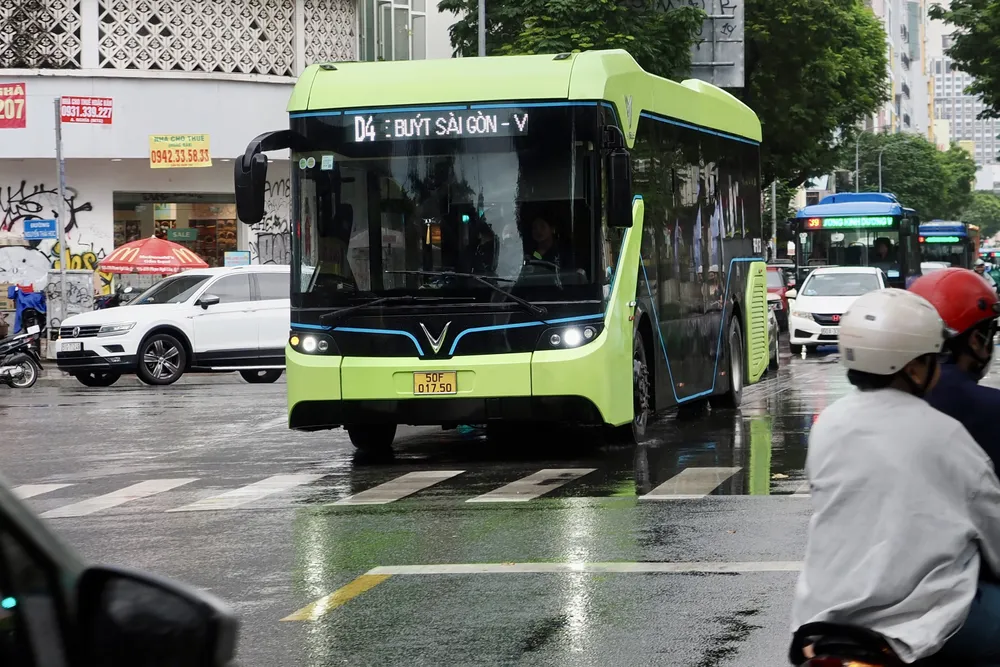
In addition, the cost of implementing the plan to convert buses to use green energy in the 2026-2030 period is 7,577 billion VND.
Of which, the city's budget for the conversion is expected to be 4,667 billion VND (not including 822.4 billion VND in interest support for vehicle investment loans and charging stations disbursed in the 2031-2036 period). Thus, the city is expected to spend about 16,495.7 billion VND in the annual subsidy budget in the 2026-2030 period.
To achieve the above goals, Deputy Director of the Ho Chi Minh City Department of Construction Bui Hoa An said that in addition to the budget, Ho Chi Minh City calls on businesses to invest in charging station infrastructure, battery rental services, public bicycles; mobilize long-term capital by issuing investment bonds for green transport infrastructure projects; and revenue from selling carbon credits to reinvest in green projects.
Apply the PPP model to the construction and operation of large-scale public charging stations.
In the Project to control vehicle emissions in Ho Chi Minh City, the department proposed to reduce 50% of registration fees and license plates for electric motorbikes and electric cars; support fees for exchanging and buying electric motorbikes for poor and near-poor households; free parking for electric motorbikes; support the purchase of gasoline motorbikes according to the age of ordinary households when converting to electric motorbikes; maintain preferential loan interest rates when buying electric motorbikes at 4%/year for individuals and households buying electric motorbikes in installments.
According to the Project on controlling vehicle emissions in Ho Chi Minh City, the city currently has 2,342 buses, of which 613 are electric buses (26.2%), 542 are CNG buses (23.1%), a total of 49.3% are environmentally friendly buses; by 2030, the amount of air pollutants added from road traffic will be reduced by 90%, 10% of buses and taxis will be green vehicles, electric motorbikes will account for 15% -20%, electric cars will account for 5% -10% (excluding electric taxis), public passenger transport will account for 15% of travel demand; by 2050, 100% of road vehicles will use electricity or green energy, public passenger transport will account for 40% -60%, achieving the goal of net zero emissions.
Source: https://www.sggp.org.vn/uu-tien-phat-trien-giao-thong-cong-cong-xanh-post808607.html


![[Photo] Many streets in Hanoi were flooded due to the effects of storm Bualoi](https://vphoto.vietnam.vn/thumb/1200x675/vietnam/resource/IMAGE/2025/9/29/18b658aa0fa2495c927ade4bbe0096df)
![[Photo] National Assembly Chairman Tran Thanh Man chairs the 8th Conference of full-time National Assembly deputies](https://vphoto.vietnam.vn/thumb/1200x675/vietnam/resource/IMAGE/2025/9/29/2c21459bc38d44ffaacd679ab9a0477c)


![[Photo] General Secretary To Lam attends the ceremony to celebrate the 80th anniversary of the post and telecommunications sector and the 66th anniversary of the science and technology sector.](https://vphoto.vietnam.vn/thumb/1200x675/vietnam/resource/IMAGE/2025/9/29/8e86b39b8fe44121a2b14a031f4cef46)
![[Photo] General Secretary To Lam receives US Ambassador to Vietnam Marc Knapper](https://vphoto.vietnam.vn/thumb/1200x675/vietnam/resource/IMAGE/2025/9/29/c8fd0761aa184da7814aee57d87c49b3)


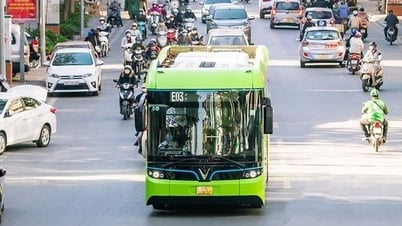

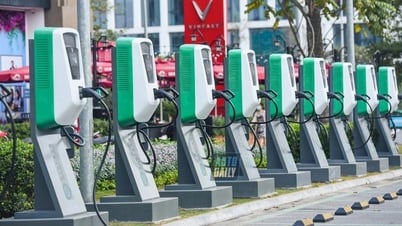



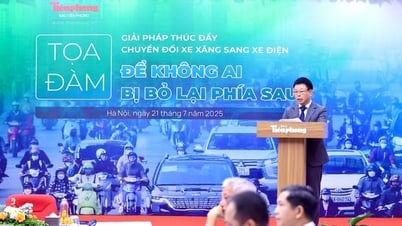

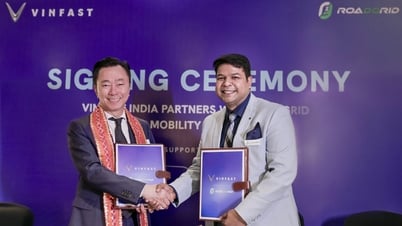

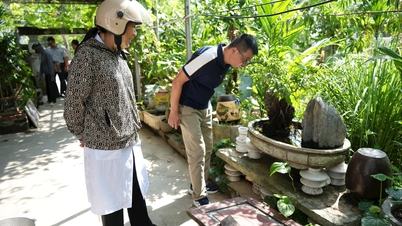





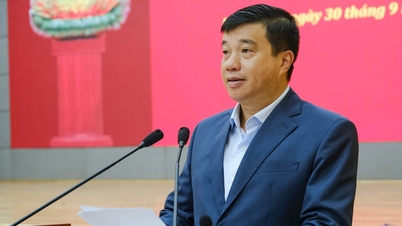

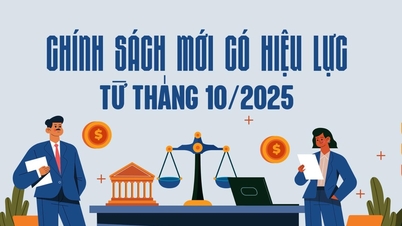

























































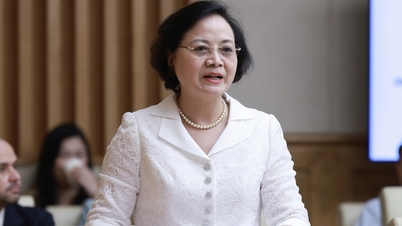



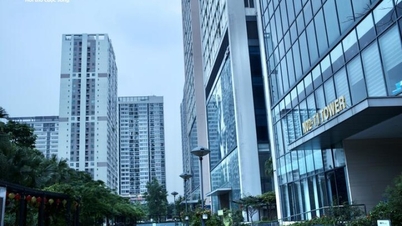













Comment (0)